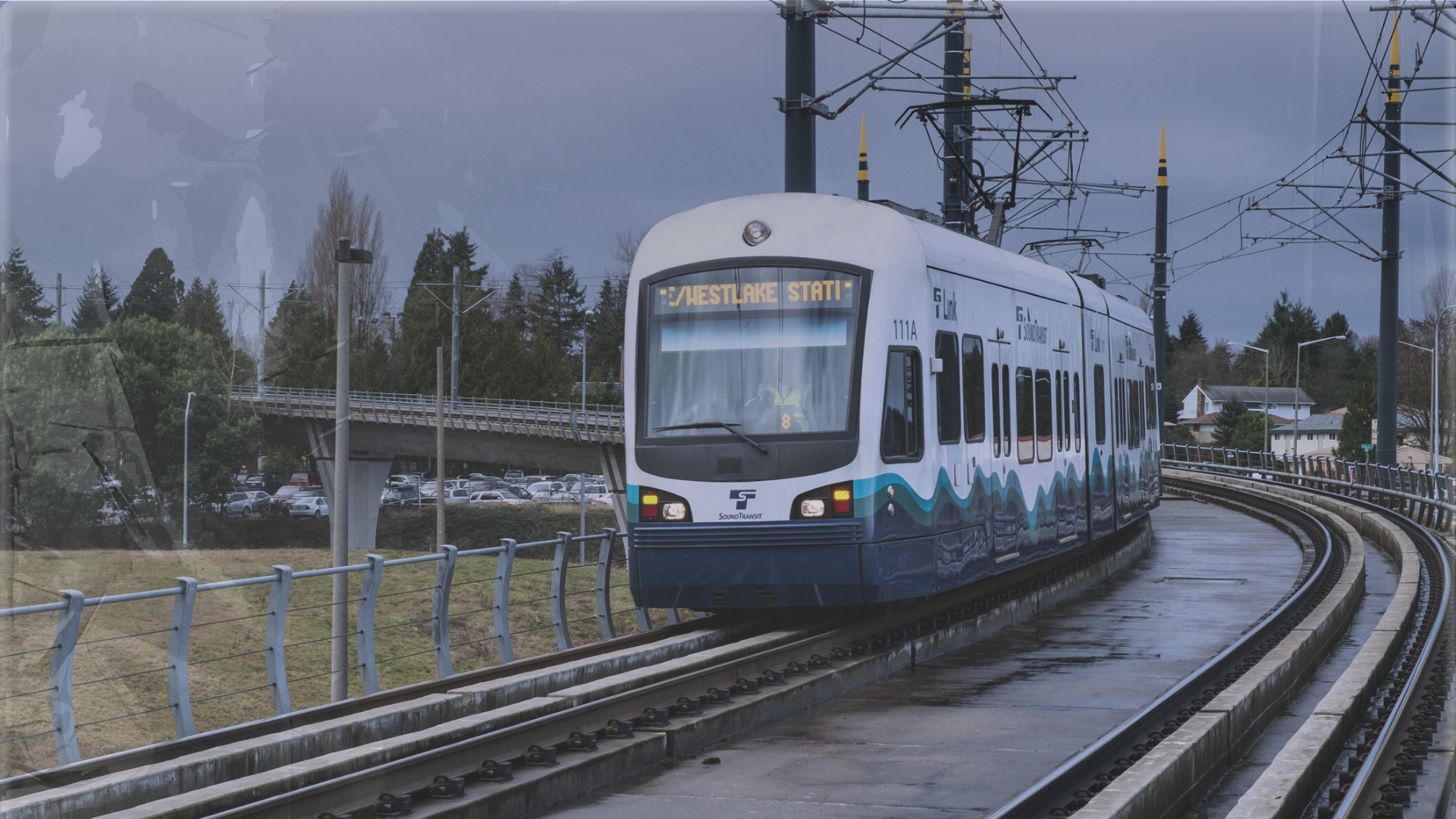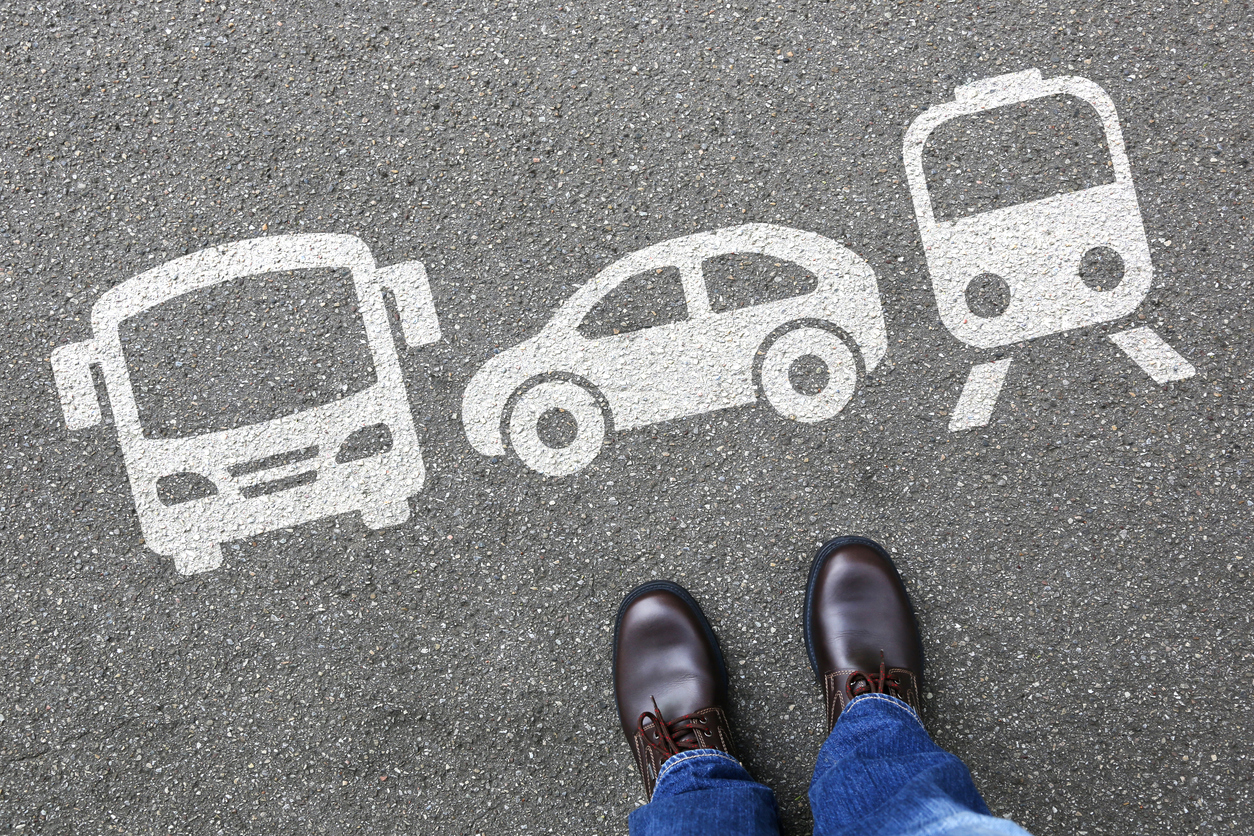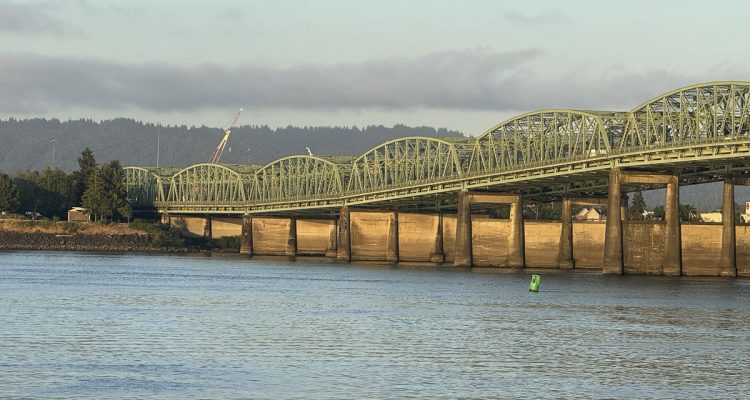As the mileage tax debate heats up, the popular narrative from proponents is that gas tax revenue in Washington state is declining and insufficient to fund transportation. This means different things to different people, especially those who want to impose a new tax that doesn’t have constitutional restrictions around how the money can be spent the way a gas tax does. The new proposed tax would be based on tracking how much each person drives, and the money could be spent on public transit, road diets, and other ideological initiatives that have nothing to do with roads.
Some public officials say that that the gas tax is declining. For example, here is the City of Bellevue’s update on the gas tax from 2018:

Notably, The Seattle Times reported in 2017 that gas tax revenues are not declining, but are increasing every year, today and into the future:

Yesterday, the Bellevue City Council received an update on the state’s mileage tax efforts, and the agenda described fuel tax revenues as flat.

“Flat” revenue means that revenue is rising, but not dramatically enough for government officials to take advantage of.
This description of revenue and expenditure is pervasive at both state and federal levels. In 2017, Director of the US Office of Management and Budget, Mick Mulvaney, described it this way: “In Washington, DC, if we spend $100 last year on something, and we spend $100 this year on that same thing, in Washington, people call that a cut. In fact, I’ve seen a couple occasions where we spent $100 last year and $102 dollars this year, and many people will still call that a cut. [This is] a classic example of how Washington speaks differently than people back home.”
If the state genuinely needs more money for highways, rather than a new tax that can be spent on other political priorities, then why not simply ask the public if officials can increase the gas tax in return for road projects and congestion-relieving improvements the public wants? Better yet, why not eliminate the artificial cost drivers in transportation construction and make each transportation tax dollar go farther?
It is important for our decision-makers to have complete and accurate information at their disposal, rather than conjecture about whether or not drivers are paying enough to keep up with the state’s high labor costs and regulations.
Getting accurate information can be tough and making decisions on misinformation is easy. But the region needs real solutions to traffic congestion, and beginning with demands that drivers pay even more is not a good way to start that conversation.






